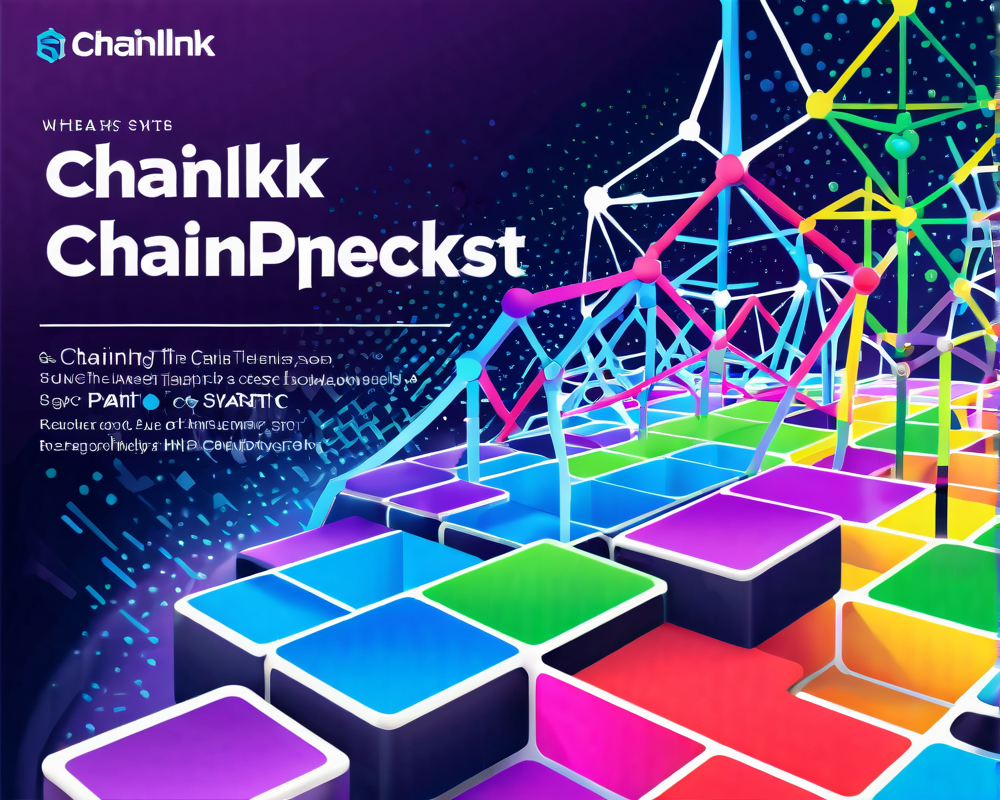Chainlink’s Bold New Direction
Chainlink made waves recently by unveiling its latest white paper, which sets the stage for an exciting evolution into creating more versatile oracle networks dedicated to computation. The company plans to take its existing oracle structure and morph it into what they deem a “meta layer” of Decentralized Oracle Networks (DONs). Put simply, it’s as if a caterpillar decided to become a butterfly, but in this case, the butterfly is a computational powerhouse!
Unleashing the Power of Hybrid Smart Contracts
In its visionary document, Chainlink isn’t just fiddling with the status quo; it’s redefining what smart contracts can do. With these new computational oracles, we are looking at the birth of a whole new classification: hybrid smart contracts. This means parts of their operations could be outsourced to oracles, freeing up blockchains to handle what they’re best at. As Sergey Nazarov, co-founder of Chainlink, so wisely stated, “The DeFi contracts, 95% of them — everything except the DEXs — are hybrid smart contracts already.” Look out, traditional smart contracts; you’ve got a new rival!
The Benefits of the New Architecture
Chainlink’s vision aims to generalize and greatly enhance existing computational capabilities, making the functionality of oracle networks more diverse. Imagine being able to slap any executable into an oracle network for it to do its magic. Well, get ready to experience some serious wizardry!
- Flexibility: Users will have the luxury of choosing between various consensus mechanisms and nodes.
- Customizability: The network’s validators can be configured to meet specific needs — think customizable pizza, but with computational power!
- Specific Use Cases: Introductions of services like Fair Sequencing aimed at reducing miner extractable value (MEV) could revolutionize transaction ordering.
Why Fair Sequencing Matters
One of the primary features highlighted in the white paper—Fair Sequencing Service—is designed to tackle the ongoing issue of miner extractable value. In layman’s terms, it helps ensure that transactions are ordered fairly, thus minimizing the shenanigans that come with front-running trades. It’s like giving each transaction an equitable spot in line at the DMV—no cutting in front!
New Features and Stakeholder Incentives
Chainlink introduces a new staking mechanism dubbed super-linear staking to ensure honest reporting via a complex set of economic incentives. Basically, it’s like making cheating at Monopoly much more expensive. The idea is that the cost to bribe a Chainlink node to share false data balloons as more stake is committed to the network. The system is constructed so that wrongdoers would have to bribe all watchers to gain any advantage—an almost impossible feat when the stakes get that high!
The Future of Smart Contracts
Nazarov shares his optimism about simplifying the deployment of smart contracts, claiming many teams waste precious time on core infrastructure. Instead, he envisions an ecosystem where creating these hybrid smart contracts could be as effortless as ordering takeout online: quick, efficient, and hassle-free! “I want them to just pop in and kind of build this hybrid smart contract really quickly, just the way they build it in the web world — you know, in a weekend.
So, grab your popcorn, folks, because Chainlink has some thrilling plans for the future of decentralized applications. The transformation is ongoing, and we can’t wait to see the outcome.




